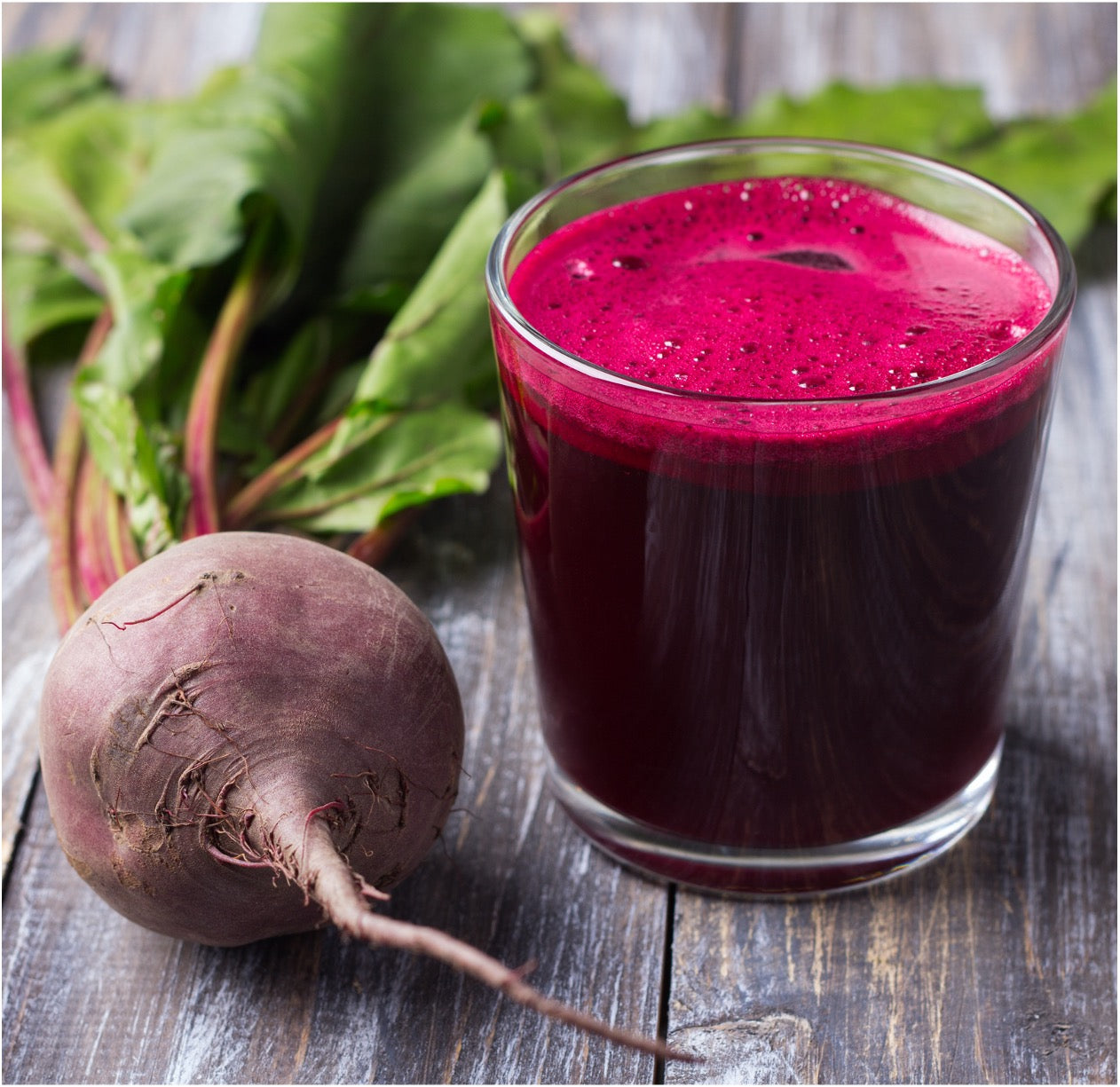The advantages and disadvantages of sodium bicarbonate (baking soda) in endurance sports
Sodium bicarbonate, commonly known as baking soda, has emerged in recent years as a potential aid for endurance athletes. It is often used as a dietary supplement to improve athletic performance. In this article, we will look at the benefits as well as the potential disadvantages of using sodium bicarbonate in endurance sports.
Benefits of Sodium Bicarbonate
improving endurance performance
Sodium bicarbonate acts as a buffer for lactic acid, which is produced in the blood during intense exercise. Taking sodium bicarbonate can stabilize the pH level in the blood, resulting in reduced fatigue. Studies have shown that athletes who consume sodium bicarbonate can demonstrate improved performance in endurance tests.
- It neutralizes the acids that form during intense muscle work
- This can improve performance during high-intensity exercise
Performance improvements during short periods of exertion
The performance-enhancing effect is particularly evident during short, intense periods of exertion:
- Effective at distances between 300 and 5000 meters
- Corresponds to a load duration of approximately 1-15 minutes
- For very short (<30 seconds) or longer loads, the effect is less
- delaying fatigue
Easy availability
Sodium bicarbonate is readily available, inexpensive, and generally safe to use. It can be taken in powder form or simply dissolved in water, making it a convenient choice for athletes.
Disadvantages of sodium bicarbonate
gastrointestinal complaints
One of the most common side effects of taking sodium bicarbonate is gastrointestinal discomfort, such as bloating, nausea and diarrhea. These symptoms can be disruptive during competition or training and affect performance, which is why it is important to increase the dosage gradually and observe the body's reaction.
Sensitive reactions
Not all athletes respond equally well to sodium bicarbonate. Some may be more sensitive to the substance than others, which can lead to unpleasant symptoms. It is advisable to experiment with low doses before a competition to determine individual limits and tolerances.
Not suitable for all sports
While sodium bicarbonate may be particularly beneficial for high-intensity sports with shorter periods of exertion, it may not be suitable for all sports or forms of exercise. Shorter-duration activities that do not acidify the blood may not benefit from taking it.
Conclusion
Sodium bicarbonate can be a promising supplement for endurance athletes looking to improve their performance. The benefits, particularly improving endurance performance and delaying fatigue, are promising. However, the potential side effects, particularly gastrointestinal discomfort, should be considered. It is important to test individually how the body reacts to sodium bicarbonate and whether it should be integrated into the personal training and competition regime. If you have any uncertainties or health concerns, it is advisable to consult a doctor or nutritionist before starting to take sodium bicarbonate.
Dosage and Intake
For optimal effect, correct application is important:
- Recommended dose: 200-300 mg per kilogram of body weight
- Take 1-3 hours before sporting activity
- Can be taken as a drink or in capsule form















Leave a comment
All comments are moderated before being published.
This site is protected by hCaptcha and the hCaptcha Privacy Policy and Terms of Service apply.